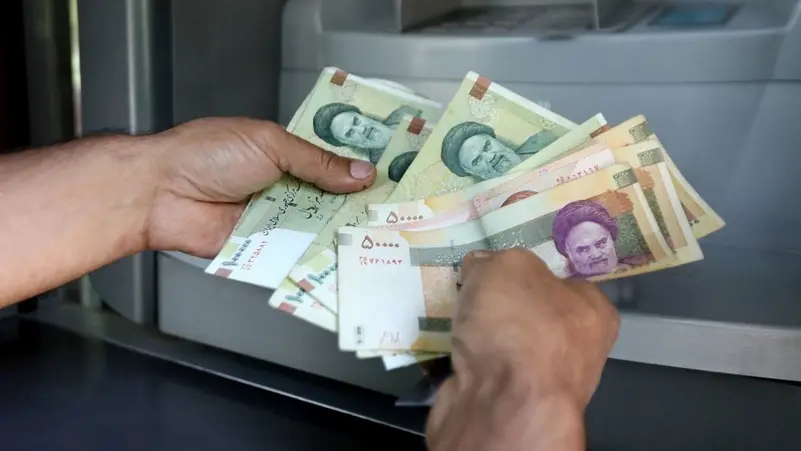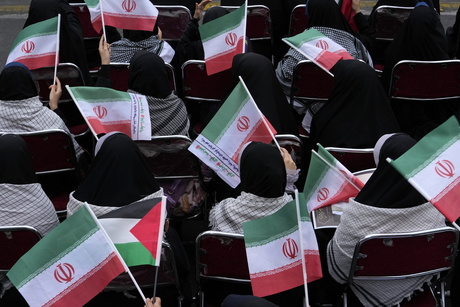Iran’s currency plummeted to an unprecedented low Wednesday following Donald Trump’s election victory, as fears of renewed tensions between Tehran and Washington rattled the Islamic Republic’s already fragile economy.

The rial crashed to 703,000 per dollar in Tehran’s exchange markets, marking a dramatic decline from the 32,000 rate during the 2015 nuclear deal and even the 584,000 level when reformist President Masoud Pezeshkian took office last July. The currency’s collapse reflects growing anxiety over potential renewed sanctions under Trump’s leadership.
“One-hundred percent he will intensify the sanctions,” said Amir Aghaeian, a 22-year-old student in Tehran. “Things that are not in our favor will be worse. Our economy and social situation will surely get worse. I feel the country is going to blow up.”
The economic turbulence comes as Iran navigates multiple regional crises, including its involvement in ongoing Middle East conflicts through its “Axis of Resistance” allies – Hamas, Hezbollah, and Yemen’s Houthi rebels. Recent Israeli strikes on Iranian territory and reciprocal missile exchanges have heightened tensions further.
Iranian officials attempted to downplay the election’s impact. “The election of the U.S. president doesn’t have anything specifically to do with us,” said Fatemeh Mohajerani, a spokeswoman for Pezeshkian’s administration. “The major policies of America and the Islamic Republic are fixed, and they won’t heavily change by people replacing others.”

The currency crisis reflects deeper economic challenges facing Iran, which continues enriching uranium at near weapons-grade levels despite international sanctions. Pezeshkian, who assumed power following hard-line President Ebrahim Raisi’s death in a helicopter crash last May, campaigned on promises to secure sanctions relief through diplomatic engagement.
Public reaction in Tehran varied sharply. Taxi driver Mahmoud Parvari, 71, expressed stark opposition to Trump: “I feel like I’m seeing the devil. He looks like Satan, his eyes are like Satan and his behavior is like a mad man.” Another driver, identified only as Hosseini, took a more pragmatic view: “If it helps my country I would definitely make a deal with Trump.”
The market turmoil occurs amid heightened regional tensions, including ongoing conflicts in Gaza and Lebanon, and recent military exchanges between Iran and Israel. Iran has threatened retaliation for Israeli strikes while U.S. forces operate missile defense systems in the region, adding another layer of complexity to an already volatile situation.



